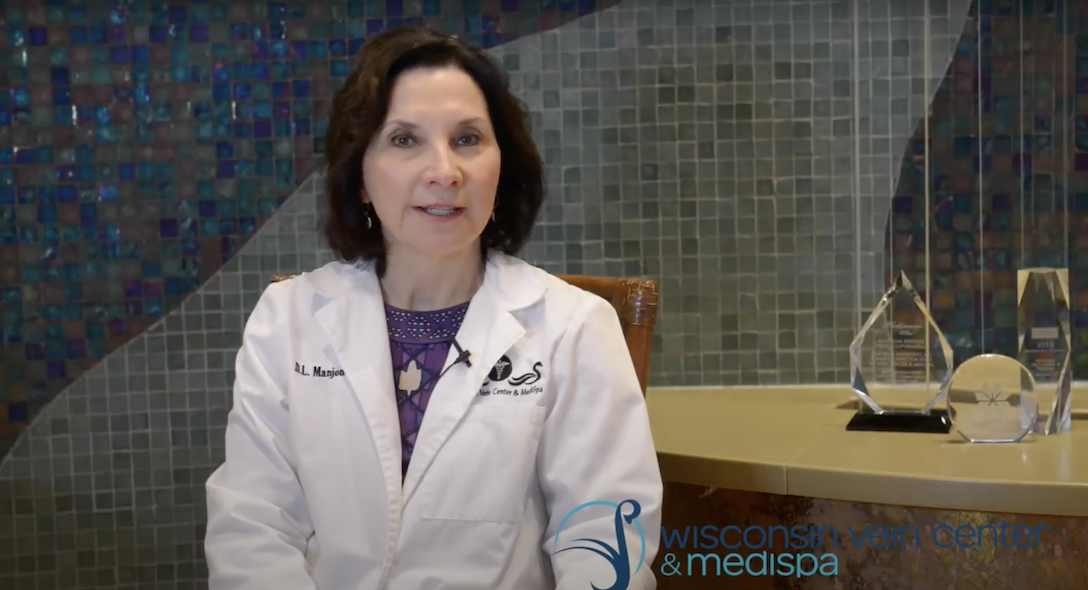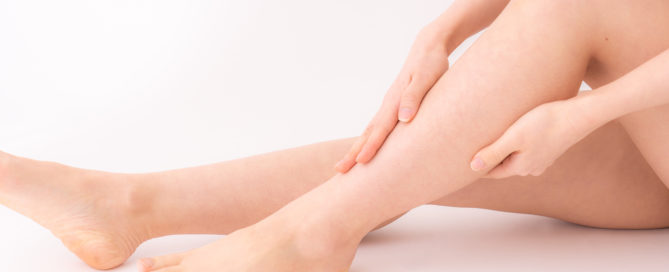What Not to Do After Vein Surgery
- Varicose Veins
- June 1, 2023

Vein surgery becomes more advanced every year, meaning you can get great cosmetic results with minimal downtime. Still, certain types of vein surgery are a long way from being completely non-surgical. Recovery is one of the most important phases of your vein treatment, and how well you adhere to your postoperative instructions will determine your success. Our team led by Dr. Deborah Manjoney will give you detailed aftercare instructions to follow and ensure you know how to take care of yourself afterward. In the meantime, here are some of the most important things to avoid after surgery and how to make the best of your results.
Avoid Strenuous Activity
Elevating your heart rate after vein surgery can put strain on your circulatory system at a time when you’ll want to give it plenty of time to rest. Additionally, elevating your heart rate can increase the chances of bleeding. You should focus on resting and avoid activities that are too intense until you’re cleared to return to them. This includes certain exercises – especially those that involve the lower body. Still, it’s important to keep your blood circulating and avoid being too sedentary. It’s best to walk and gradually increase your level of activity as you recover.
Don’t Take Certain Medications
Certain medications can impact your results. During a consultation with our team, you’ll go over your entire medical history and all medications you take so that you can have a complete picture of which ones can be taken after your procedure and which ones should be postponed. Additionally, you might be prescribed medications for after your procedure to help prevent swelling or infection. Make sure to always follow instructions and reach out if you have any questions about your medications.
Don’t Neglect Incision Care
If your surgery involves incisions, it’s essential to take care of them after your surgery. Our team will help you understand how to change dressings and care for the incisions as you recover – make sure to follow these directions as closely as possible. Additionally, you’ll be given instructions on how to bathe and wash your incisions in between changing bandages. Make sure to keep your incisions dry and clean in order to ensure good results.
Avoid Swelling and Bruising
You can expect swelling within the first few days of recovery, and our team will give you instructions on how to manage it. One way you can manage swelling is keeping your legs propped up on a pillow whenever you sit or lay down – it’s best if your legs are above the level of your heart. Additionally, you can ice the area with a cold pack for 15 minutes at a time. Make sure it’s wrapped in a towel or has some type of cloth between it and the skin.
Don’t Go Without Your Compression Garments
Compression stockings are one of the most important steps of recovery. These help support blood flow in the legs and reduce strain on the area as your body reroutes blood flow to healthy new veins. It’s essential to wear your compression stockings as much as possible for the first few weeks. Our team will give you the best estimate of when you can begin going without as you recover.
Schedule an Appointment
At Wisconsin Vein Center & MediSpa, we are the leading experts in vein surgery in the greater Midwest. To meet with our team and learn more about the recovery process and what you can expect, contact our Pewaukee, WI office by calling or filling out our online form.
Categories
- Varicose Veins (12)
- Facials (2)
- Daxxify Injections (1)
- Radiesse Injections (1)
- Dermal Fillers (1)
- Hydrafacial Treatment (2)
- Juvéderm (5)
- Laser Treatments (4)
- Hair Removal (6)
- AFT Facials (1)
- Vanquish Body Sculpting (3)
- Geneo Facial (1)
- Acne Treatment (3)
- About the Area (2)
- Chemical Peel Treatment (1)
- Microneedling (6)
- Botox Cosmetic (10)
- Spider Veins (8)
- Injectables (1)
- Emsculpt (9)
- Coolsculpting (17)
- Body Contouring (3)
- Skin Care (13)
- Anti-Aging (13)
- Company News (1)



 Back to News & Updates
Back to News & Updates


